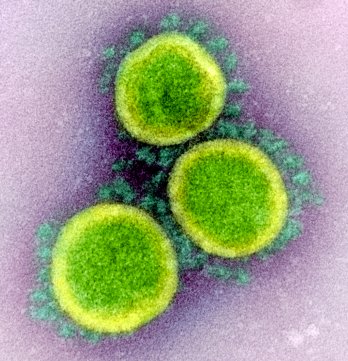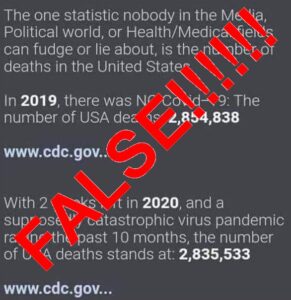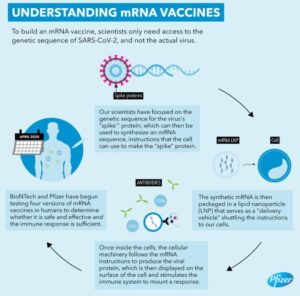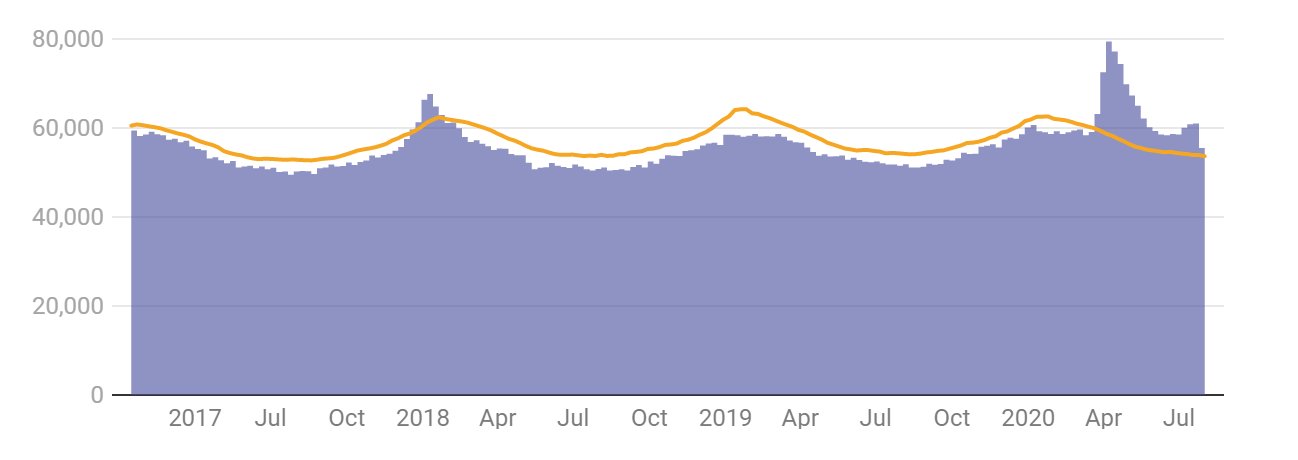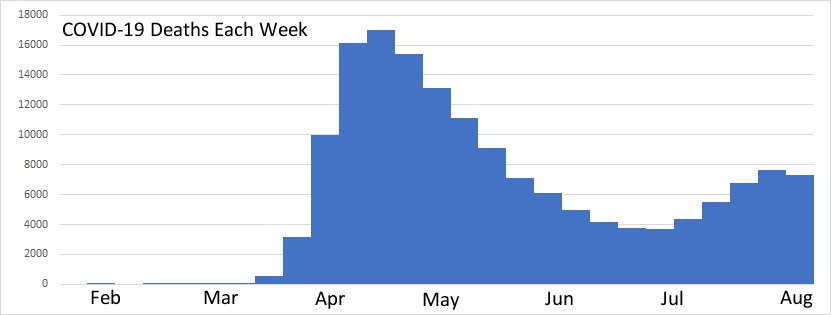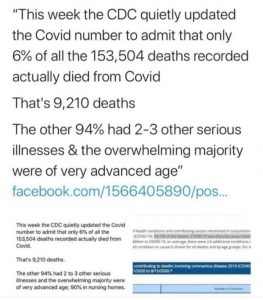
There are many people (including many scientists) who really don’t want to think for themselves. As a result, when it comes to a given scientific issue, they simply rely on the “scientific consensus.” After all, with our modern knowledge and technology, how could the scientific consensus possibly be wrong? Sure, it has been wrong in the past, but science has greatly improved over the years. Thus, if the scientific consensus says something, it must be true.
Consider the case of humans being born with “tails.” Dr. Karl Giberson tells us:
On rare occasions, humans are born with tails — real functioning tails that can even be “wagged” via voluntary muscles contractions in response to emotional stimuli. Although the birth of a baby with a tail is frightening for parents and typically requires surgery, the remarkable human tail is an important part of the even more remarkable tale of our origins — namely evolution.
Basically, he tells the reader that we evolved from animals that had tails, and evolution simply switched it off in people and great apes. However, every now and again, that switch gets reversed, producing a tail. He then goes on to talk about “crazy creationists” and how they try to argue against the reality of this obvious fact. Not surprisingly, he mischaracterizes their explanations, but what is interesting to me is how he tells the reader to evaluate the creationnists’ arguments:
Note the reasoning process here, keeping in mind that 1) there is a consensus in the scientific community that humans are sometimes born with real tails that are evolutionary throwbacks; 2) the gene for tails has been located in the human genome is the same one that mice use to produce their tails; and 3) the issue is not the human tail, but the problem of bad design in nature.
Dr. Giberson is utterly convinced that when babies are born with a “tail,” it is a result of the “tail gene” that humans inherited from a common ancestor being “turned on,” even though evolution turned it off. Why? Because it’s the scientific consensus, and because there is a gene found in both mice and humans, and we “know” that gene produces the tail in mice. There’s just one problem: the latest research indicates that this argument is most likely false.
As Science Alert informs us, there are typically two types of “tails” that babies can be born with: “true tails” and “pseudotails.” While evolutionists originally thought that one or both of them were vestigial remnants of evolution, we now know better. Neither one of them are related to tails in any way. In fact:
As it turns out, both rare appendages probably represent an incomplete fusion of the spinal column, or what’s known as a spinal dysraphism. This suggests their formation is not a harmless ‘regression’ in the evolutionary process but a concerning disturbance in an embryo’s growth most likely resulting from a mix of genetic and environmental factors.
So, not only was the “scientific consensus” wrong about why these babies are born with “tails,” but it probably resulted in some of those babies not being treated properly. After all, if the extra appendage is really the result of abnormal development in the womb (instead of a vestige of evolution), it is probably a warning sign that the baby should be screened for various neurological disorders.
Yes, we do have many genes in common with many mammals, including mice. Many of those genes (not just one) are involved in tail development in some mammals, and they are also involved in the development of the caudaul eminence, a neurological structure that is unrelated to a tail in people. Unlike Dr. Giberson indicates, this isn’t the result of bad design. In fact, it is a result of excellent design, where the Engineer has used a single biological process as the basis by which many different structures are produced. That basic process is then just “tweaked” to produce the specific outcomes that are desired in different organisms.
Now don’t misunderstand my point. Science is continually changing based on new knowledge, so I don’t have a problem with the fact that the scientific consensus has been shown to be wrong in this case (as well as many others). The problem is that people like Dr. Giberson slavishly follow that consensus without ever considering the fact that it might be wrong. Furthermore, they mock other scientists who actually try to follow the evidence without reference to the scientific consensus. This is contrary to the scientific method, and it could inhibit young scientists from ever questioning the scientific consensus. After all, why should newcomers want to expose themselves to such mockery from more experienced scientists?
My advice to young scientists is to ignore the mocking from condescending people like Dr. Giberson. Challenge the scientific consensus whenever you think the evidence requires it, and don’t worry about the opinion of people who won’t think for themselves! My advice to Dr. Giberson is twofold. First, stop slavishly following the scientific consensus. Second, retract the article I am discussing, since we now know the scientific consensus you relied on is most likely wrong.

